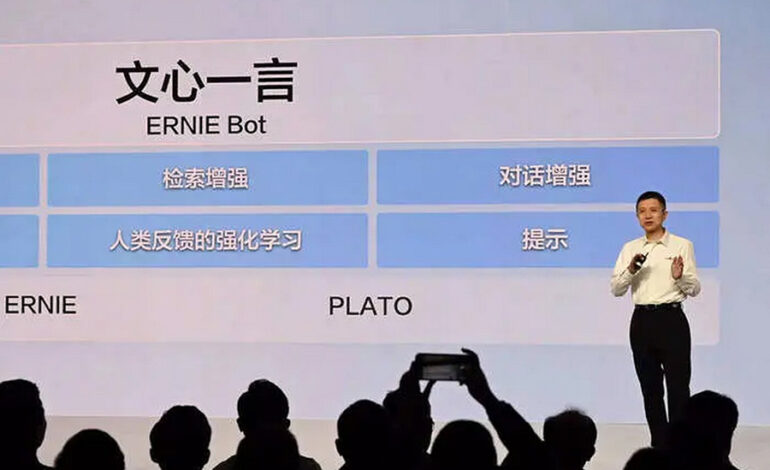China’s AI Ambitions: Racing in the Global AI Arms Race

China is swiftly advancing its presence in the global AI landscape, with its tech giants endeavoring to close the gap with their US counterparts. Over the past six months, the Chinese government has greenlit the deployment of more than 40 AI models, a move indicative of the nation’s determination to bolster its AI capabilities. These efforts come amidst intensified competition in the AI sector, with Chinese firms vying to rival prominent players like OpenAI.
The Proliferation of AI Models
Local media reports, cited by Reuters, reveal that the Chinese government’s approval includes a notable surge in Large Language Models (LLMs), with 14 new models authorized for public use within the past week alone. This influx underscores the aggressive pursuit of AI innovation within China’s tech ecosystem. Baidu, often dubbed “China’s Google,” has emerged as a frontrunner in this endeavor, spearheading the development of AI models like “Ernie Bot,” designed to rival OpenAI’s GPT series.
Tech Titans’ AI Initiatives
In the midst of China’s AI push, tech giants such as Huawei, Xiaomi, and Bytedance are intensifying their investments in AI research and development. Bytedance’s foray into AI, however, has been met with controversy, notably surrounding the development of an unreleased AI voice converter. Concerns have been raised regarding the potential misuse of such technologies for fraudulent purposes, prompting scrutiny and precautionary measures from regulatory authorities.
Political and Technological Challenges
Unlike their US counterparts, Chinese AI developers face not only technological hurdles but also stringent political constraints. The Chinese government imposes strict regulations on AI models, mandating adherence to socialist principles and refraining from challenging state authority. Consequently, AI chatbots in China often steer clear of sensitive topics, aligning their responses with the government’s ideological stance. Geopolitical tensions further complicate China’s AI ambitions, with the US imposing restrictions on semiconductor exports crucial for AI development, potentially impeding China’s progress in building advanced AI models.
Geopolitical Implications
As China endeavors to establish itself as an AI superpower, geopolitical dynamics loom large, shaping the trajectory of its AI journey. The escalation of trade tensions and technology restrictions between the US and China underscores the geopolitical dimension of AI development. Despite China’s strides in AI innovation, navigating geopolitical challenges and regulatory constraints remains a formidable task, with implications for the global AI landscape.
In conclusion, China’s rapid advancement in AI signifies a paradigm shift in the global tech arena. With its tech titans racing to innovate and the government fostering AI development, China is poised to play a pivotal role in shaping the future of AI. However, geopolitical rivalries and regulatory complexities pose significant challenges, underscoring the multifaceted nature of China’s quest to become an AI powerhouse on the world stage.







